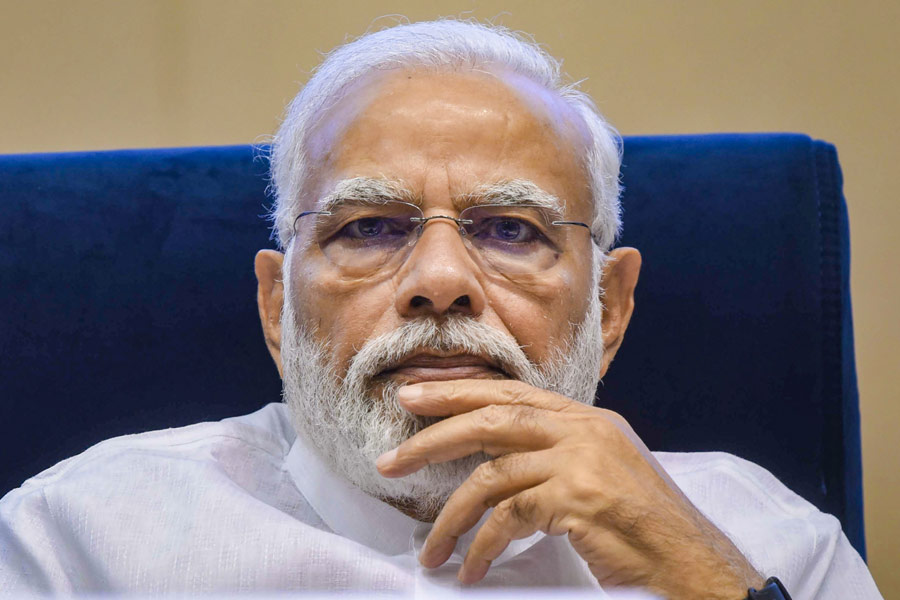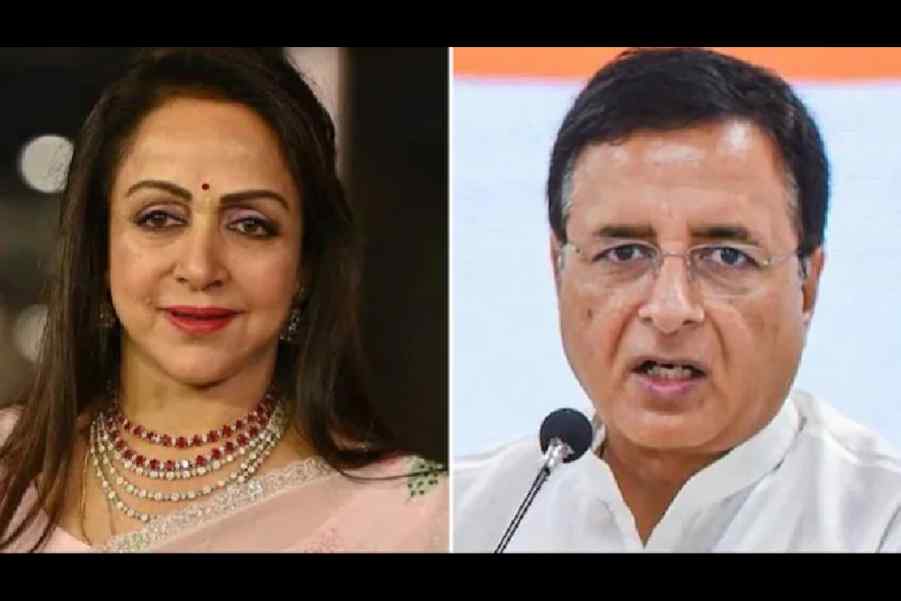We had last spoken to Surina Narula two years back when she had well established the DSC Prize for South Asian Literature with a clear voice and vision for the future. More recently, we caught up with the person behind one of the largest literary awards in the South Asian subcontinent, with a prize money of $25,000, at the Nepal Literature festival in Pokhara.
She is recovering from some great losses in recent times in the family but her undaunted spirit and ‘work must go on’ attitude is perhaps what makes her successful in whatever endeavour she embarks upon. Splitting her time between Delhi and London, she has been very busy with her other pet project — Difficult Dialogues, an annual session of discussing policies and monumental societal changes held in Goa, so much so that she has “hardly been involved with the award at all this year”, she guiltily admits.
Narula, who is a voracious reader, insists upon reading all the nominated books in the list every year and even having a clear favourite or two. However, this year that exercise, too, had to take a back seat. Difficult Dialogues was supposed to be a five-year project, post which she would slowly withdraw her patronage and let the partners take it forward, if they so wished. The success of this annual conference has resulted in the fruitful outcome and Narula now aims to help the partners secure funding from her circles in London. “They want to do it on environment next year so now I am speaking to people in England so that we can do two chapter — one in India and one there. So you can say I have been quite distracted from the prize,” she laughingly adds.
She is quick to thank her team at DSC for effortlessly continuing the work in her absence and making it a smooth, self-controlled machine. Being a patron of the arts not from the publishing end or from the creative end, she brings an impartial view to the changes that have occurred in the literary world over the last few years. “I think the time is ripe for writing and thinking to change,” she adds.
She is very confident in her thoughts that secularism is under attack in this country and it is a writers’ job to take it up and address the issues that the common man is facing. She also firmly believes in the social responsibility of fictional pieces. “Even if a writer is writing a personal account, if it is straight from the heart, it will address some social cause or the other.” For there is an all-pervasiveness to personal human politics as well. “People are all lost and everybody is looking for directions. So writers have a responsibility towards the readers, because readers are, at some points of their lives, trying to emulate their heroes from the world of art,” she says.
DSC Prize for South Asian Literature echoes this thought as almost all the books that make it to the longlist address a pressing concern of the hour. However, she is quick to disassociate herself from the award that way. “The award is completely independent and I don’t even choose the jury. The previous jury members choose the ones for next year. I am only holding hands till a trust can completely function on its own.”
One should always leave a legacy of work that can continue and flourish even in the absence of the creator. South Asian literature has existed for centuries but with translated works coming in, an English-reading audience is being catered to. What do they want to see and what do they want to listen to? “The prize is taking its own shape with young authors being nominated and winning the prize. It’s such a cosmopolitan group of mostly young people. We can only wait and see what shape the award takes in the coming years,” says Narula. However, she is just getting started for DSC Prize hasn’t even seen enough entries from all the eight participating countries and has just managed to scratch the surface. “Unless we have 20 books each from the eight countries, we won’t be justifying its ‘South Asian’ name.”
DSC Prize is one of the highest awards given to a translator as the prize money is divided in half between the author and the translator. They are also initiating a prize in London for students pursuing and writing about South Asia. “In England, I still feel there isn’t enough understanding of our background, our culture and our literature. If students started researching on South Asia and writing a piece that we can award, there is bound to be more understanding of what South Asia is all about. I am thinking of doing this next and the plans are underway.” The ethos of this award had initially grown from the need to understand the place and its culture and history better and its extension in London will only take the idea further.”
Her social anthropological background is the driving force behind her curious mind to understand cultures, she reveals. Which was also the reason behind the birth of Difficult Dialogues. The idea was to let Difficult Dialogues acquire an identity with its stakeholders, and that they find value in the property; so when she declared that this would be the last year it is held, everyone collectively protested. “They said ‘we want to do it next year and we will find money to do it’ but I said that I will still support you, it’s okay, it’s great that you still want to do it.”
There are talks of opening an institute for policy in Goa and this request has come from the government, she tells us. Narula strongly believes in the involvement of the youth brigade in matters of policy. She quotes German philosopher and political theorist Hannah Arendt whose political awakening happened at a young age when the Nazis came for persecution of Jews. It was only upon reading her works did Narula get inspired to do something around policy. She believes that conversation is the best way to protest and not by protesting on the streets. “Going out and voting is how you protest, talking to your peers is how you protest.”
She may say that she is done with this but her mind is already buzzing with 20 other ideas and projects that she wants to see to fruition — writing a book, going back to college, studying more about Sri Aurobindo, a man she immensely respects, are just a few. It is perhaps this need to learn and understand the arts that inspires her to give back equally to art.










